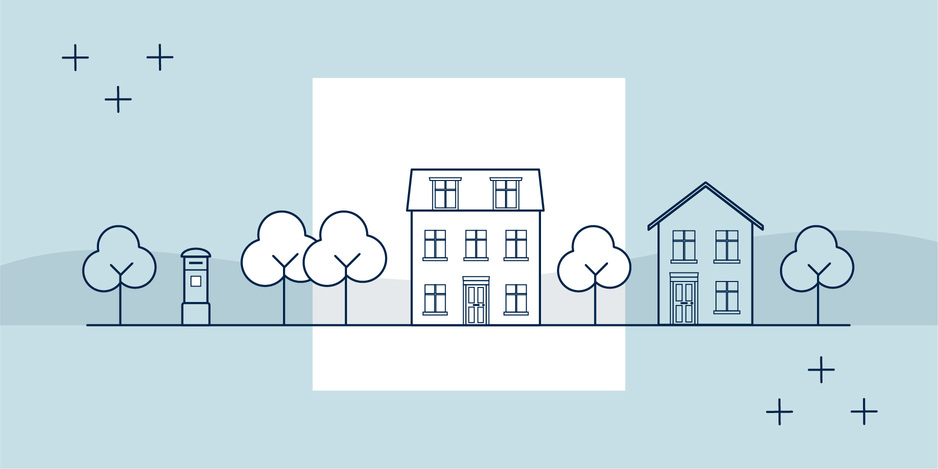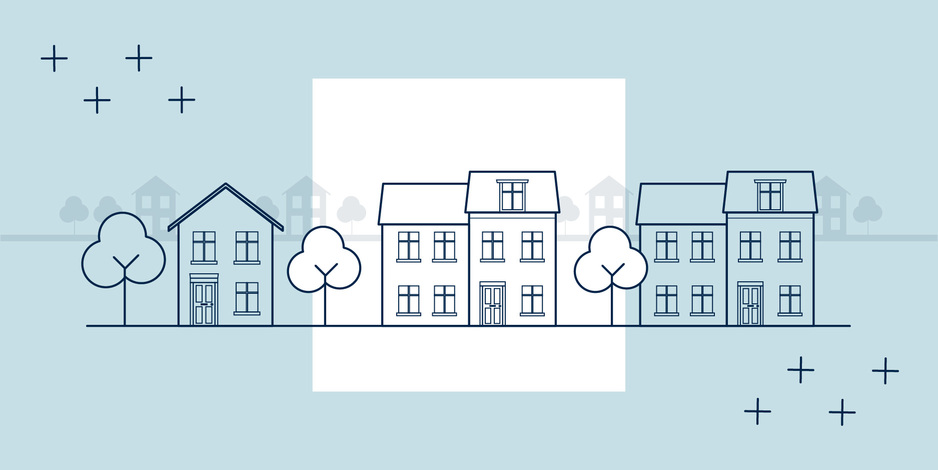
If you’re thinking about relocating and starting a new adventure, where do you see yourself moving to? Does the idea of fast-paced city living set your heart racing? Are you lured by the gentle calm of village life? Or would you feel more at home in a town, offering some of the advantages of both?
Key Takeaways
- Offers a fast-paced lifestyle with diverse cultural events, restaurants, and bars.
- Excellent transport links and proximity to services like hospitals and universities.
- More job opportunities with potentially higher salaries.
- Ideal for those who enjoy the hustle and bustle and want to live car-free.
- Provides a balance between city and countryside life.
- Offers a sense of community with more amenities than villages.
- Suitable for families looking for good schools and a manageable commute.
- Often has a mix of cultural and recreational activities.
- Ideal for those seeking tranquility and a closer connection to nature.
- Remote working makes it a viable option for many.
- Offers outdoor activities like hiking, cycling, and dog walking.
- Housing prices vary widely, with some areas offering affordable options.
Is the pace of city life right for you?
If you enjoy the hustle and bustle, city life could be just what you’re looking for.
So much to see and do
Cities are full of different communities and represent a chance to live amongst people, ideas and cultures from all over the world. If you love film, art, sport, theatre and museums you’ll likely be spoilt for choice. You’ll also find great bars, restaurants and enough retail experiences to satisfy even the most avid shopper.
You’re also more likely to live close to services such as hospitals, GP surgery and universities.
Transport links should be excellent, and you may have the opportunity to live a car-free life (if desired). In general there are also more job opportunities in the bigger cities – with potentially higher salaries – so it might be the right decision if advancing your career is important to you.
In case you’re wondering, here’s a list of the UK’s most popular cities according to a YouGov survey:
- York
- Edinburgh
- London
- Cambridge
- Oxford
- Brighton
In short, there’s a lot to love about city living
- With so many cultural events going on, you’ll never be short of things to do.
- The huge range of restaurants and bars is enough to satisfy anyone.
- Excellent transport links make getting around the city and travelling further afield easy.
- With so many businesses based in cities, career opportunities tend to be better.
- Schools, hospitals and GP services should be close at hand.
Is village life your great escape?
Are you drawn to the idea of getting closer to nature? Is the rise of remote working giving you the freedom to consider heading out of town? Whatever your motivation, moving to the countryside and a picturesque village could be a good idea.

Finding the right spot
The first thing to bear in mind is that villages aren’t uniform. While some are extremely small with very few amenities, others are quite large, bustling communities with much more going on.
Which location you aim for will be influenced by your stage of life. For instance, if you have a growing family, ask yourself a few key questions:
- Is the village you’re looking at in a catchment area for good schools?
- How long will it take to commute to work? Will you be happy setting off early and arriving home later every day?
While an extended commute might be a drawback, on the other side of the coin, the countryside will give you and your family the chance to enjoy the great outdoors – playing sports, exploring nature, cycling in the fresh air and walking the dog.
If you’re a bit older, living in a village can bring a number of benefits:
- There’s often a great community spirit.
- A close-knit community can mean you get know your neighbours quicker than in a town.
- While there might be fewer options in terms of culture and entertainment, you might be surprised by how many local clubs and societies you can join.
What could you afford?
Prices for village homes vary enormously across the UK. At one end of the scale, there are sought-after commuter villages and renowned beauty spots like the Cotswolds. On the other hand, County Durham, Cumbria, and Fenland all offer a combination of rural scenic beauty and affordable prices.[1]
Here’s our summary to help you decide if rural life is right for you
- Villages tend to be a haven of peace and quiet.
- With an amazing network of footpaths in the countryside a short walk can take you the heart of nature.
- With less traffic, pollution levels are low and the air is fresher.
- Most villages have a strong feeling of community with more going on than you’d imagine.
- Building up a support network of friends can be easy.
Would a town fit the bill?
City too frenetic? Village too quiet? A lively town could be the perfect compromise.

More for your money
If you’re moving from a city or village, average house prices are generally lower in towns, so you might be able to buy a bigger property. That’s good news if you have a growing family or are planning to start one.
Transport links tend to be good too, particularly if the town is close to a big urban centre. In terms of job opportunities, a town can’t always match a big city, but may be significantly better compared to a village. The rise of remote working has also made moving out of the city to somewhere less hectic a much more viable option.
Will there be enough to do?
Modern towns have changed dramatically over the past few years. Many now have great entertainment and shopping areas, as well as plenty of restaurants and pubs. If you like getting in touch with nature, you should find good parks and outdoor spaces to explore nearby.
In the end, towns can be a good compromise – a half-way house that offers a well-balanced mix of urban and rural living. The trick is finding the one that suits your lifestyle best.
Here are the main reasons people choose to move to a town
- Many market towns have a strong sense of community, history and civic pride.
- Towns are often surrounded by areas of natural beauty within easy reach.
- From travel to trade services, the cost of living can be more economical compared to the city.
- You should have easy access to good schools, hospitals and GP services.
- Most towns have good public transport and excellent links to the rest of the country.
Ready to make your move?
If you’ve already thought long and hard about moving to a city, town or village, we are here to help you find your next energy-efficient home in the ideal location.
Start your search >
Whether you’re a first-time or existing buyer, we have a range of offers to help you make your next move.
Make your move with our Low Deposit offers>
Make your move with our Help to Sell offers>
References
[1] https://www.housebeautiful.com/uk/lifestyle/property/a35935761/affordable-rural-places-buy-home-uk/
[2] https://www.standard.co.uk/news/uk/england-most-expensive-cheapest-market-towns-home-buyers-b939909.html

